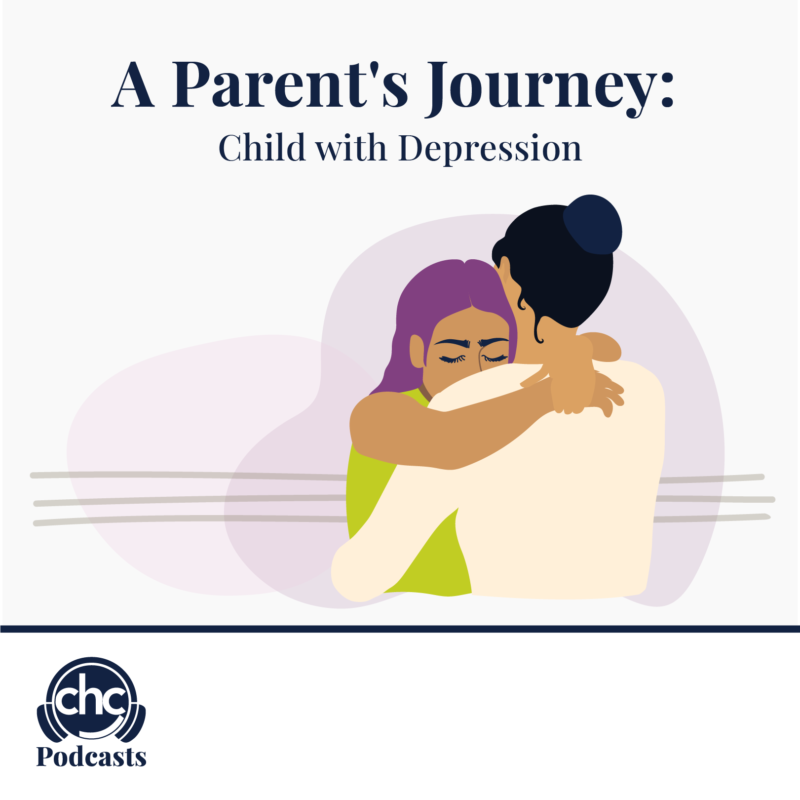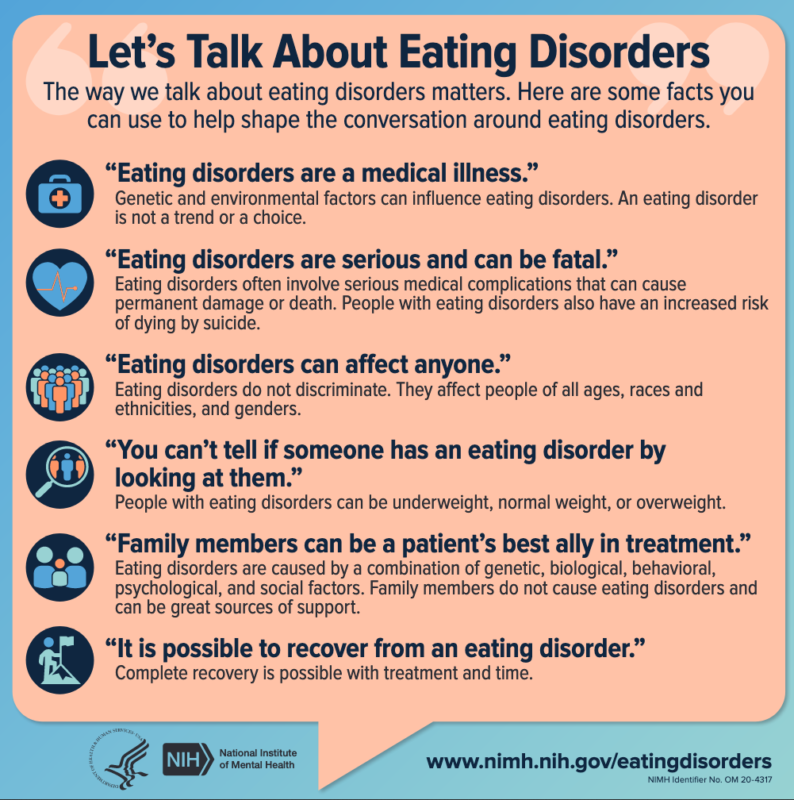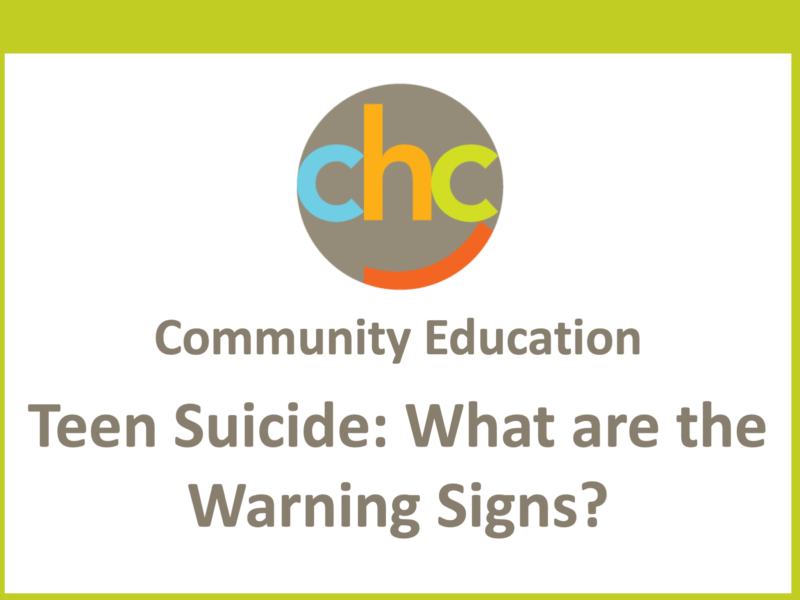
Self-Harm: A Sign of Emotional Distress
Hurting yourself—or thinking about hurting yourself—is a sign of emotional distress. These uncomfortable emotions may grow more intense if a person continues to use self-harm as a coping mechanism. Learning other ways to tolerate the mental pain will make you Read more >>











